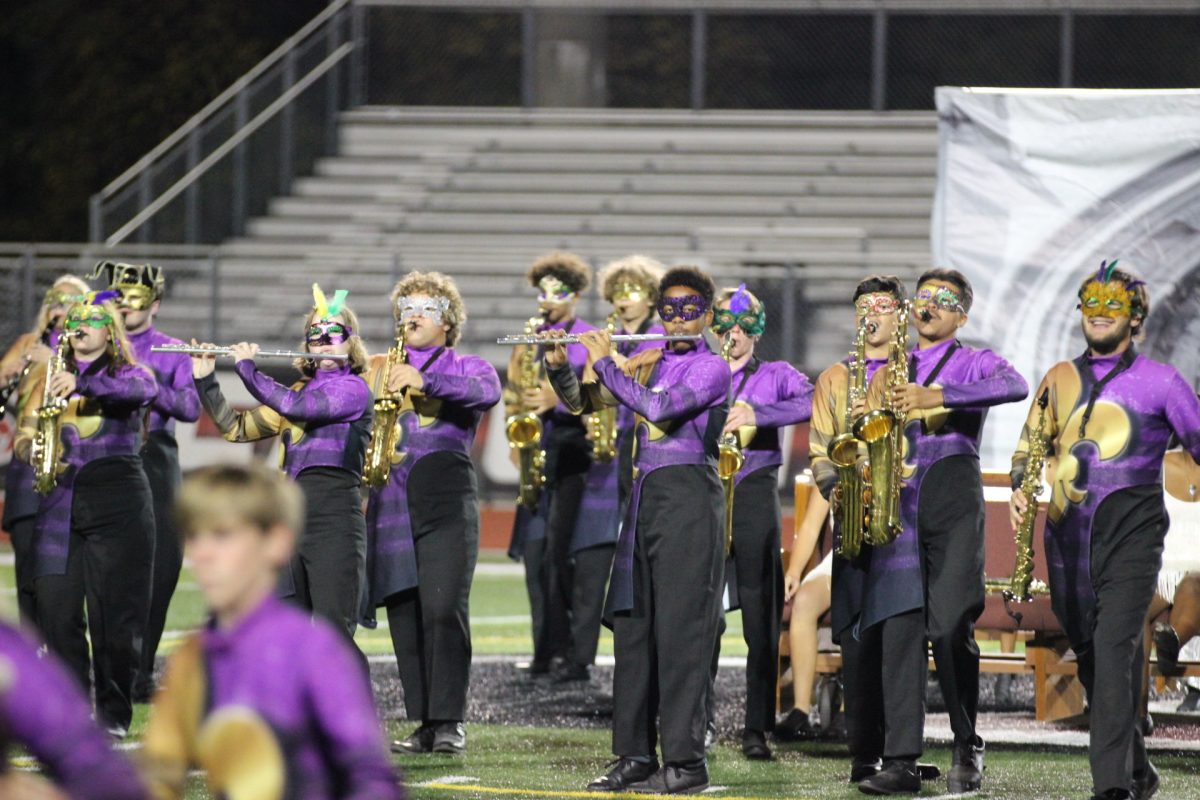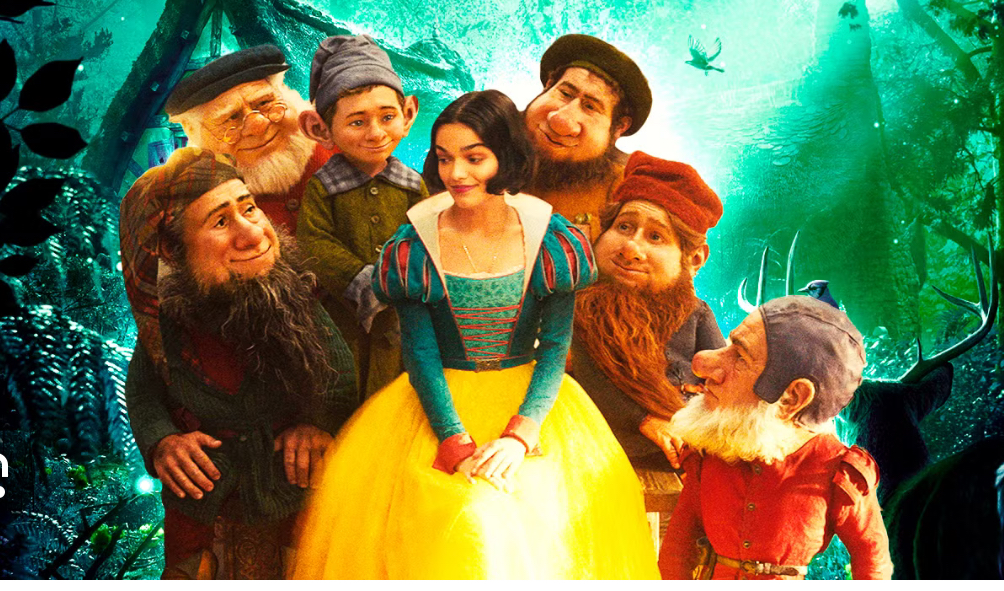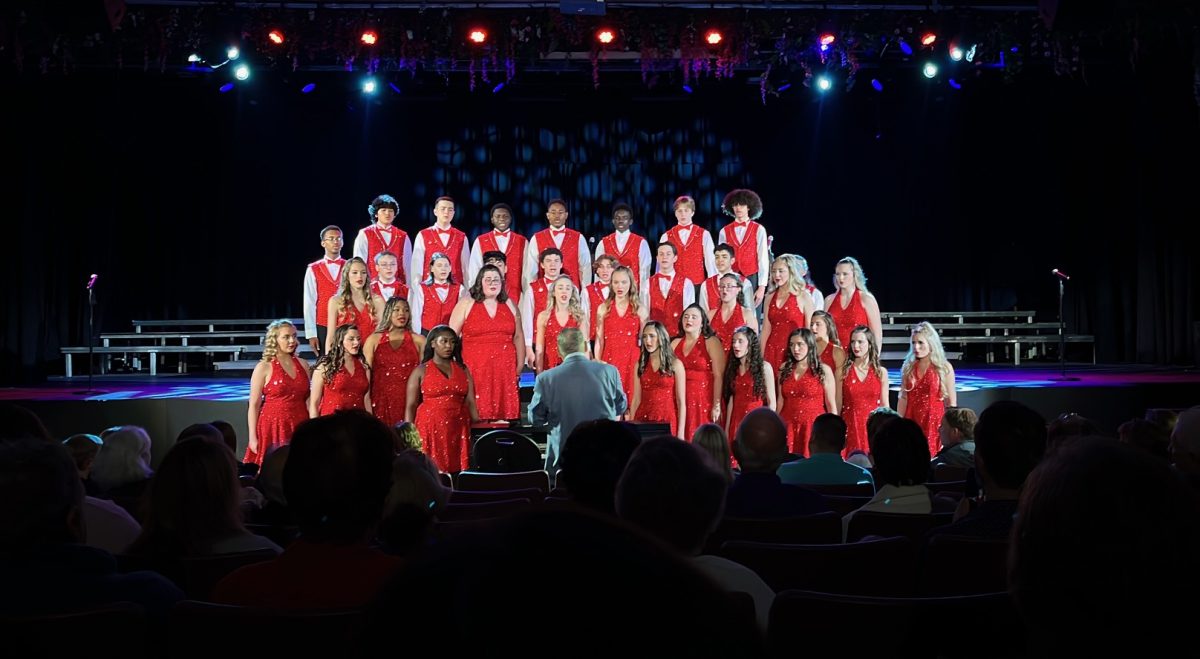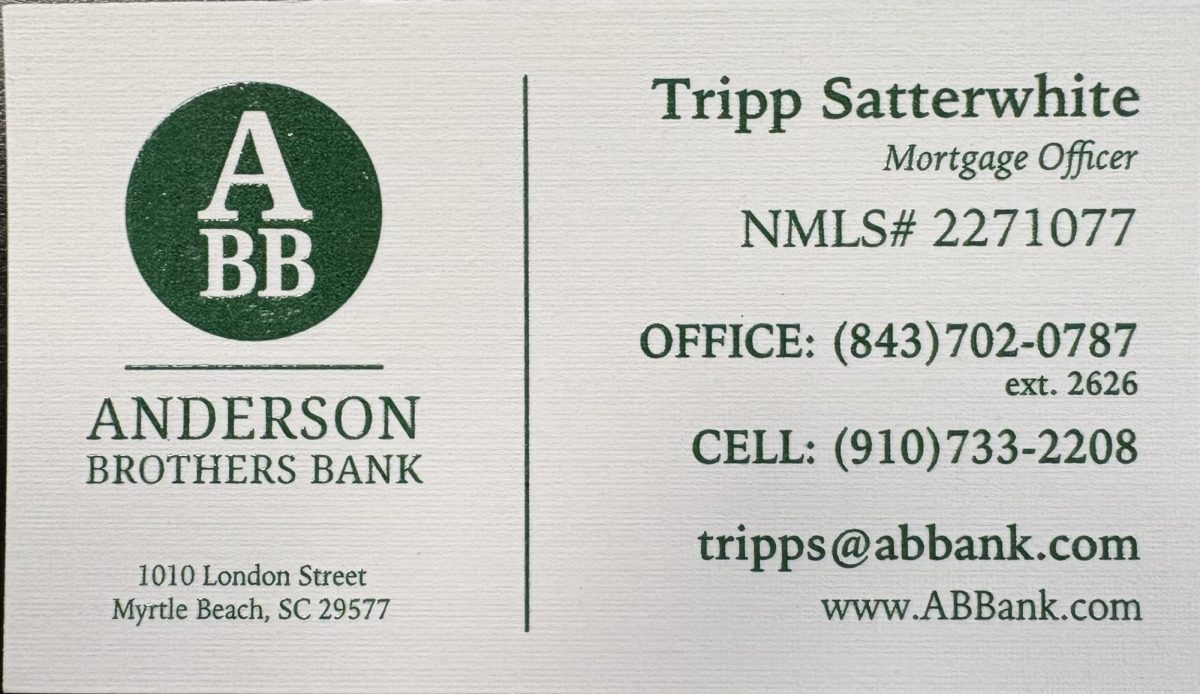The History of Christmas
December 16, 2021
When the lights go up, joy fills the air, and presents appear, that’s how the world knows, Christmas has arrived, a religious holiday celebrated around the world. Millions of people celebrate this holiday by spending time with loved ones and exchanging gifts. With Christmas at our door steps, people spend their time decorating and shopping but have you ever stopped and wondered about the history of Christmas?
Christmas has many different origin stories depending on religion, belief, or culture. For Christians, the story of Christmas began on December 25 when Jesus of Nazareth was born by the Virgin Mary,a day that many celebrate to honor the birth of Jesus. As time went by, so did the spread of Christianity. Many people and cultures started adopting different customs and ideas for the celebration of Christmas. Most Christians today celebrate Christmas with the same traditions and customs as everyone else but many do go to church service the night of Christmas Eve to worship the baby Jesus’ birth. When Jesus was born, The Three Wise Men traveled to bring the baby gifts, hence how the custom of exchanging gifts on Christmas day developed.
Early Europeans, before the present traditions became custom, celebrated in December after the winter solstice when the sun came out for longer periods of time and a sign that the harshness of winter has passed. As Christianity spread, they replaced the celebration of the end of winter solstice with the day Jesus was born.
In 1475, Scandinavia, now known as Denmark, Norway, and Sweden, had indigenous people known as Norse folk. Norse Folk celebrated Yule, a belief that the sun was a fire wheel that rolled towards and away from the earth so when the “Yule”, formally known today as the end of daylight saving, rolled toward the earth, Norse folk would celebrate the light coming back from December 21st till the end of January. In the present day, not many people celebrate Yule and have transitioned many Yule celebrations to ones of the Christmas traditions.
The celebration of the end of daylight saving time was very common in later times for many cultures. As Christianity and other religions spread throughout the world and other beliefs faded, the celebration of daylight saving became uncommon and now seen as common. Even though many beliefs faded, the celebration of christmas grew and christianity adopted more ideas
The origin of Santa and his sleigh began in Germany. Germans in older times believed in the pagan god, Oden, and honored him during the mid-winter. Even though the Germans honored Oden, they were terrified of him. They believed he would make flights over them, observing the people and had the power of who prospered and who perished. This brought the now known tradition of Santa Claus naughty and nice list. The song “Santa Claus Is Coming To Town” states ,“He sees you when you’re sleeping, and he knows when you’re awake, and he knows if you’ve been bad or good.” This refers to Oden watching the people and descending their fate, but in this circumstance, Santa decides who gets coal and who gets gifts.
Romans in the later times, celebrated Saturnalia, a holiday in honor of Saturn, the God of Agriculture. This was when agriculture prospered and food was plentiful so the social roles were reversed and enslaved people were able to temporarily eat and be free for the month. This sparked the tradition of kindness or feasting during the Christmas season.
The name of Santa Claus, known as Saint Nicholas, came about through Dutch culture. When the Dutch settled into the Americas, they honored the death of Sinter Klaas or Sint Nikolaas. Americans adopted this name and are now the soul reason the man in the red suit is named Santa Claus.
When you think about it, Christmas is a game of telephone; different stories are told throughout history. Even though the history of Christmas still has many unknown stories of how it came about, one thing stays constant, the joy and happiness it brings to all!
Merry Christmas and Happy Holidays!




































